Korean ad market
Want to advertise in Korea? In 2021 the total advertising revenue in Korea (Asia’s fourth-largest economy) was 13.99 trillion won (about $11.7 billion), up 20.4 percent from 2020.
In 2021, Korean digital advertising had the most revenue with 7.5 trillion won (5.9 billion USD). The division is as follows:
- Broadcast / TV / cable: 4 trillion KRW
- Print / newspapers: 1.7 trillion KRW
- Digital: 7.5 trillion KRW
- OOH / traffic: 0.8 trillion KRW
Source: http://www.brandbrief.co.kr/news/articleView.html?idxno=5024
The majority (52% of total ad revenue) of ads in 2022 are online (Naver, KakaoTalk etc.).
Source: https://www.hankyung.com/it/article/202111303809i
Biggest Korean agencies
In order to run ads in Korea, you probably need the help of an agency. What are the biggest ad companies in Korea in terms of revenue? According to Jobkorea, the top 10 in terms of revenue in 2020 were:
- Cheil Worldwide
- Innocean Worldwide
- Daehong
- HS Ad
- SM C&C
- Oricom
- Nasmedia
- Motus
- SBS MNC
- BGF Networks
All of the biggest 10 ad agencies in Korea are part of so-called “chaebol” or family controlled conglomerates. Below is a table where you can see to which chaebol each ad agency belongs. Note: SK is Korea’s second largest chaebol, but its agency Incross is #24 on the list.
| Agency | Chaebol |
| Cheil Worldwide | Samsung |
| Innocean Worldwide | Hyundai |
| Daehong | Lotte |
| HS Ad | LG |
| SM C&C | SM Entertainment |
| Oricom | Doosan |
| Nasmedia | KT |
| Motus | GS |
| SBS MNC | SBS |
| BGF Networks | CU |
Unlike other countries, the so-called “Big Four” ad agencies are not in the Korean top 10.
World’s Big Five
What are the world’s “big five” traditional ad agencies? The big five are:
- WPP (includes Ogilvy, Young & Rubicam, GroupM, etc.)
- Omnicom (includes BBDO, DDB, TBWA, etc.)
- Publicis (includes Saatchi & Saatchi, Leo Burnett, etc.)
- Interpublic Group (includes McCann, Weber Shandwick, etc.)
- Dentsu (includes Aegis)
These big five are ad conglomerates housing many different agencies through countless mergers and takeovers. Some are decades (if not a century) old agencies and often started with newspaper and TV ads. You can find a detailed description of the big four here: https://seekingalpha.com/article/3967004-big-4-advertising-agencies-part-1-introducing-companies-and-industry
Source: https://blog.bizvibe.com/blog/largest-advertising-agencies
The best TV show about advertising (in the 60s and 70s) and the “Big Four” in particular is “Mad Men”. “Mad” stands for “Madison Avenue” where many of these agencies had their offices, but could also refer to the mad working style (pitches) that these people had.
Source: https://www.flickr.com/photos/rossendalewadey/5224345917
Korean ad regulations
So what are Korea’s laws about advertising? You can find details about the Korean ad regulations here: https://content.next.westlaw.com/Document/I70de08d8279111e89bf099c0ee06c731/View/FullText.html?transitionType=Default&contextData=(sc.Default)
- Like any other country, Korea has ad laws that prohibit things like false advertising. But certain sectors like the pharmaceutical, medical devices, alcohol, financial services, game, tobacco, cosmetics, broadcasting and food industries have stricter rules. Advertising in these industries may also be subject to industry specific laws and regulations.
- As for comparative advertising, it is generally permitted but unfairly comparative advertising is prohibited. “Comparative advertising should be based on facts that were proven by a test or survey which is conducted, in an objective and reasonable manner, by institutions based on statute or run independently.”
- Korea’s law regulates advertisements directed at children, the Juvenile Protection Act provides regulations for certain advertising to minors.
- Usually, South Korean courts do not recognize copyrights of short mottos, slogans, advertising phrases etc. However, trademarks are effective when they are granted from the Korean Intellectual Property Office (KIPO).
- As for using an individual’s name or image without their consent, this may constitute a violation of Korean laws.
Online ads regulations
What are Korean rules about specifically online ads?
- Company info like the CEO’s name, business registration number and official company name must be on the website (typically in the footer). It is also recommended to put the official company logo, company address, phone number, email address and terms & conditions on the website.
- Korea’s unsolicited commercial e-mail (spam) law prohibits: automatic generation of e-mail addresses, the harvesting of email addresses from websites and the use of technical means to get around spam blocks.
- Online advertising of tobacco is prohibited.
- The online advertisement of alcoholic beverages is permitted, but very limited.
- There are limits to online advertising of financial investment instruments, loans, insurance and cosmetic products. And possibly other industries like medical devices.
- For regulations about influencer marketing, check out this blog post: https://punchkorea.com/influencer-marketing-in-korea/.
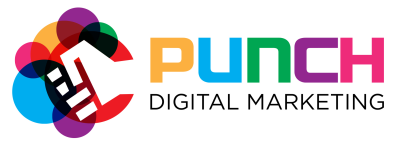
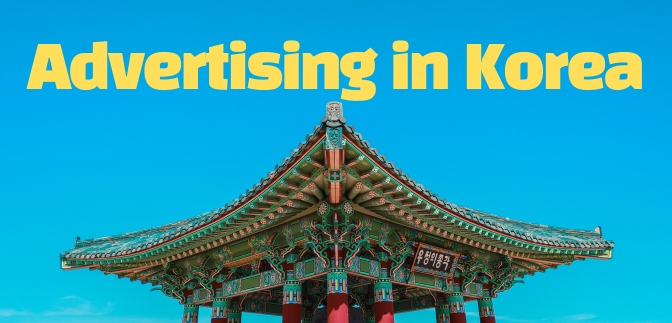
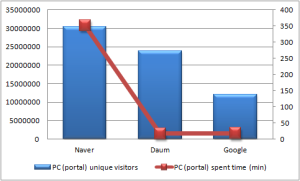
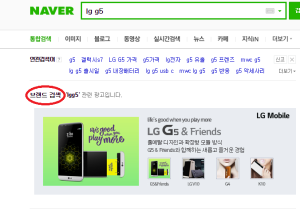


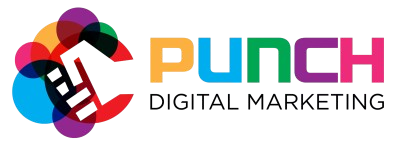
3 Responses